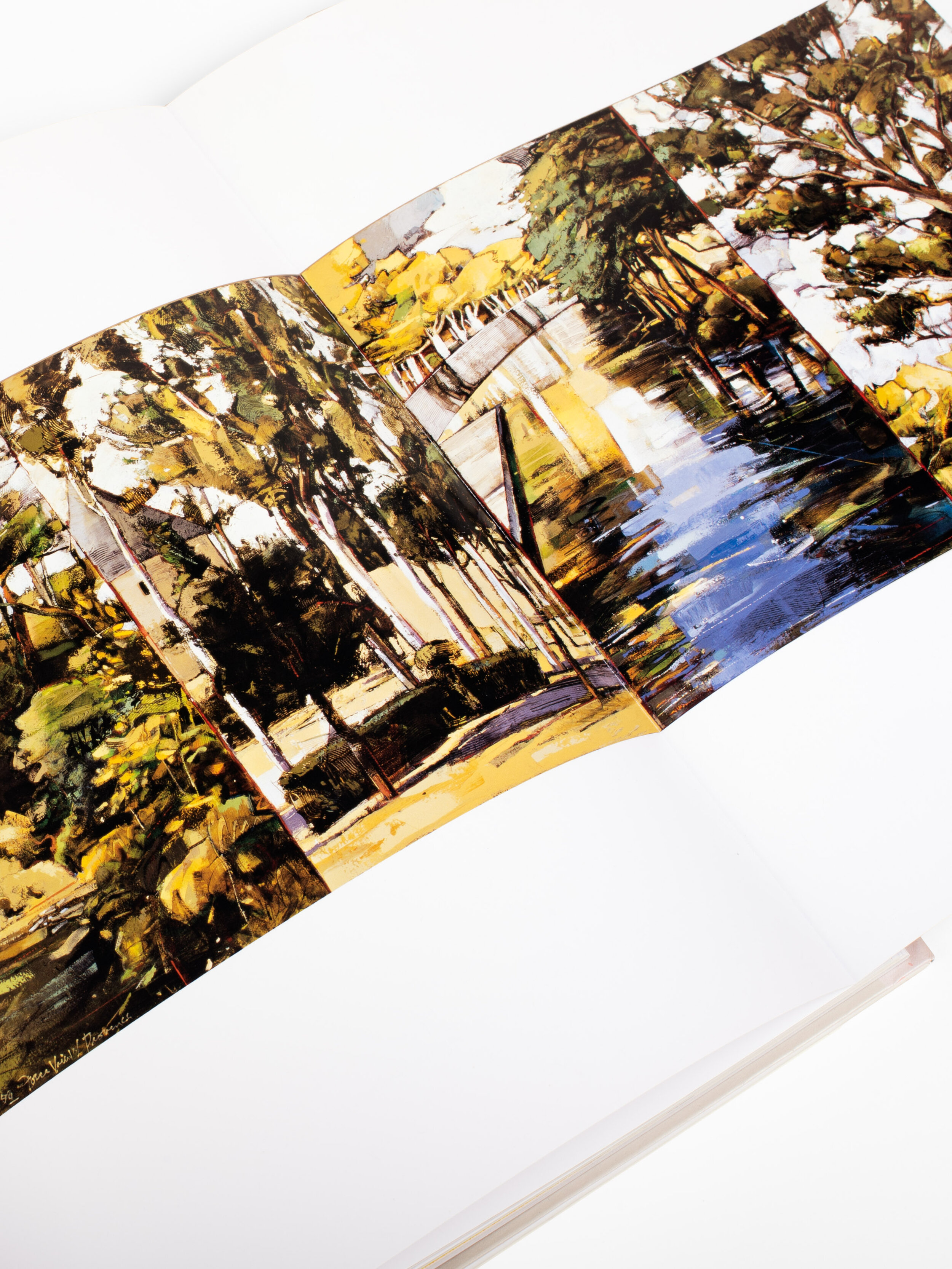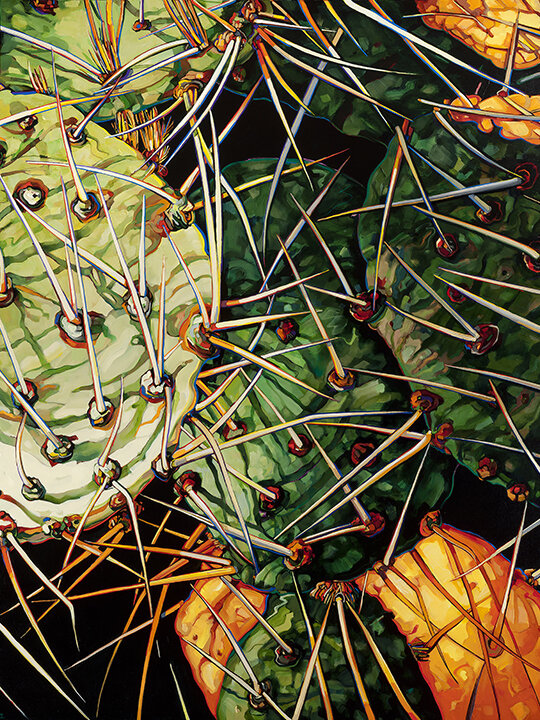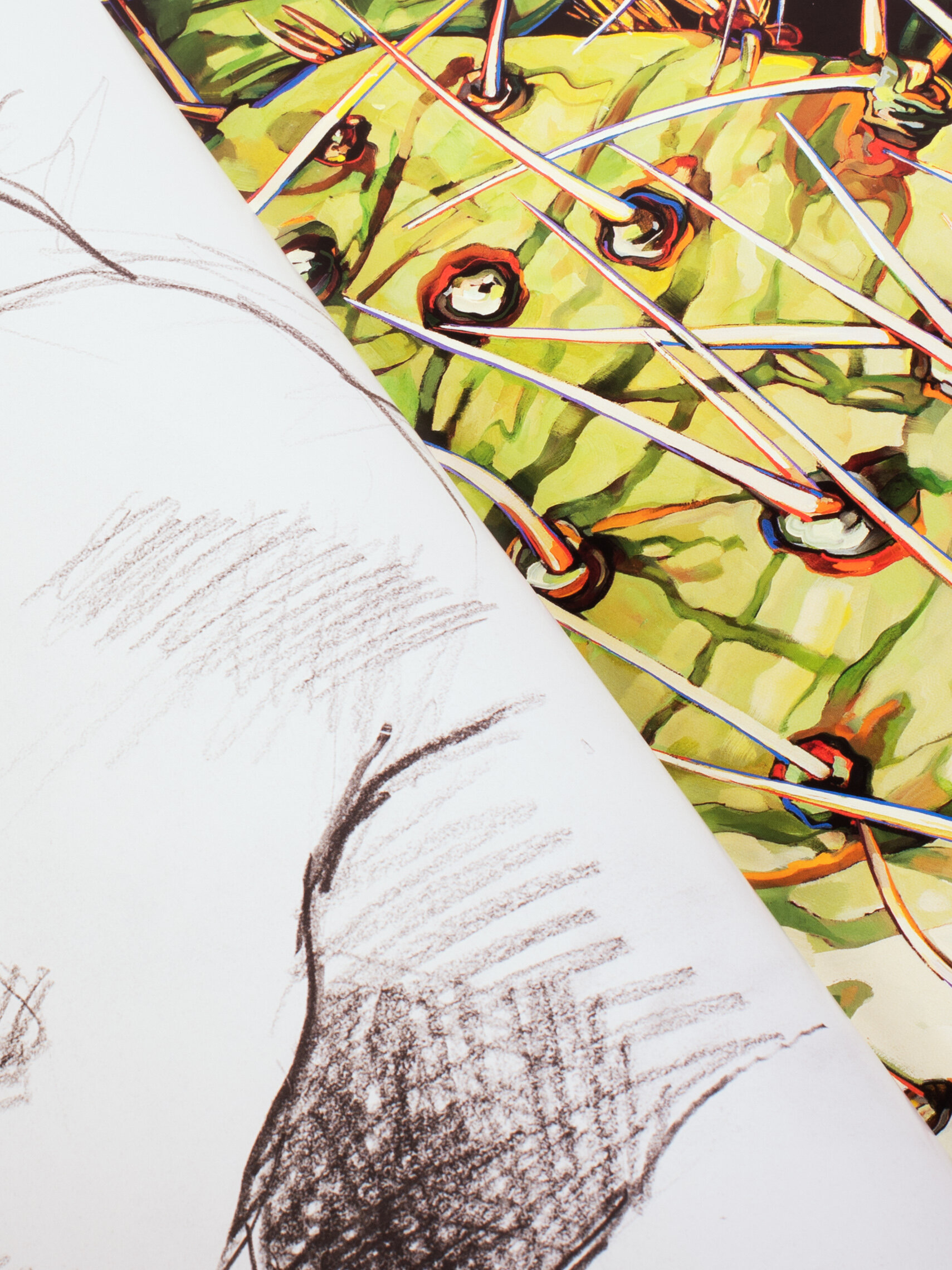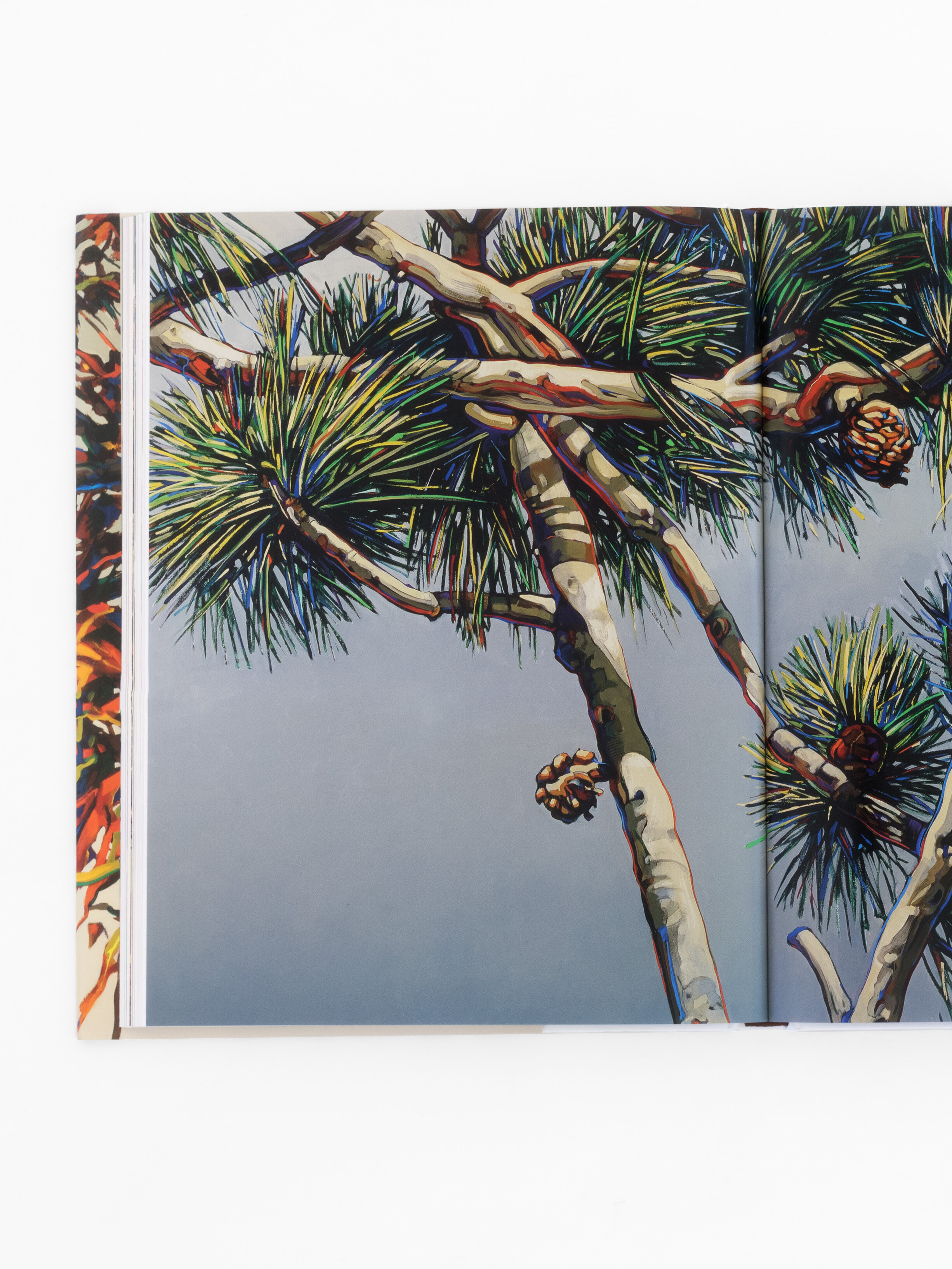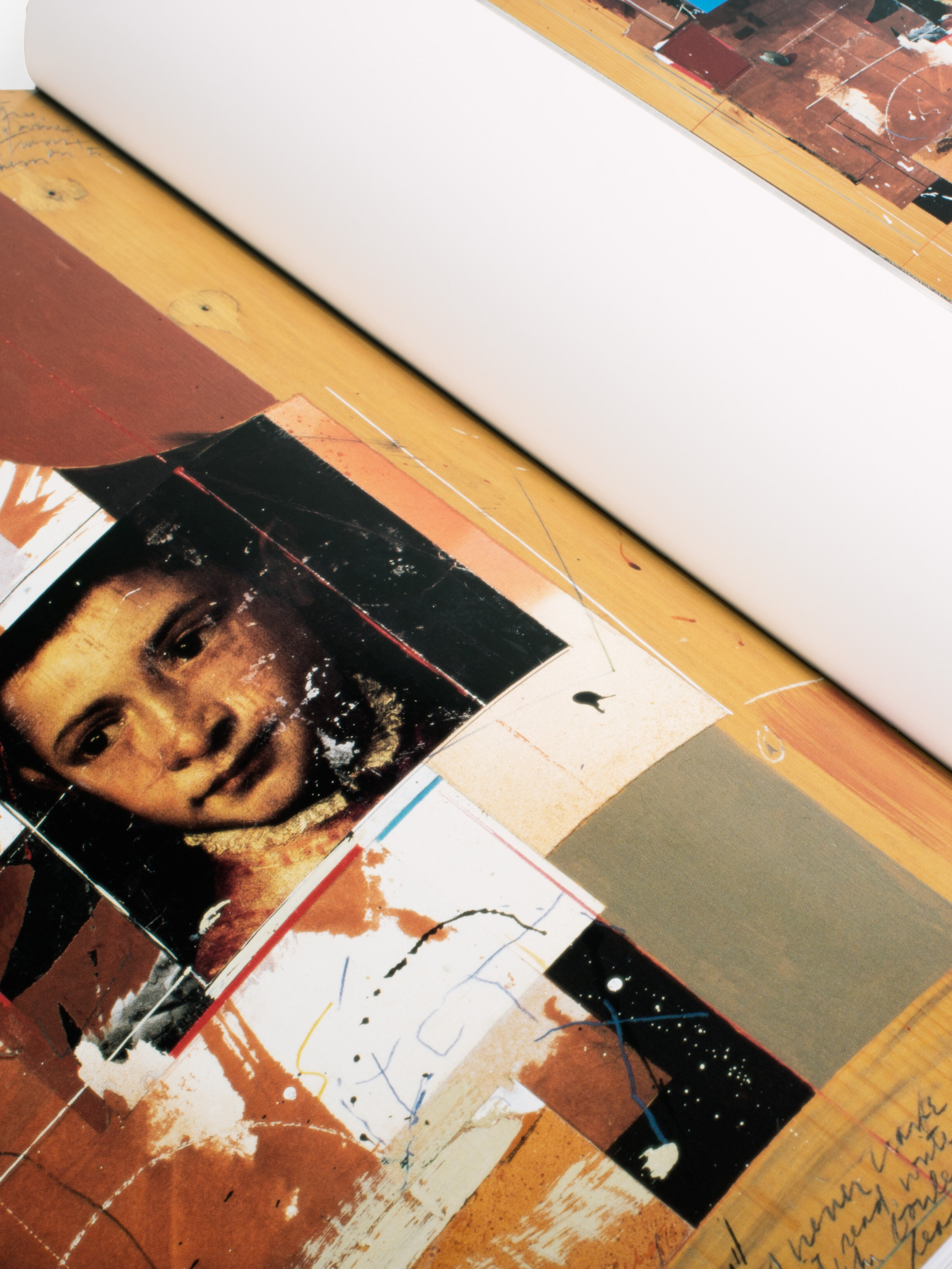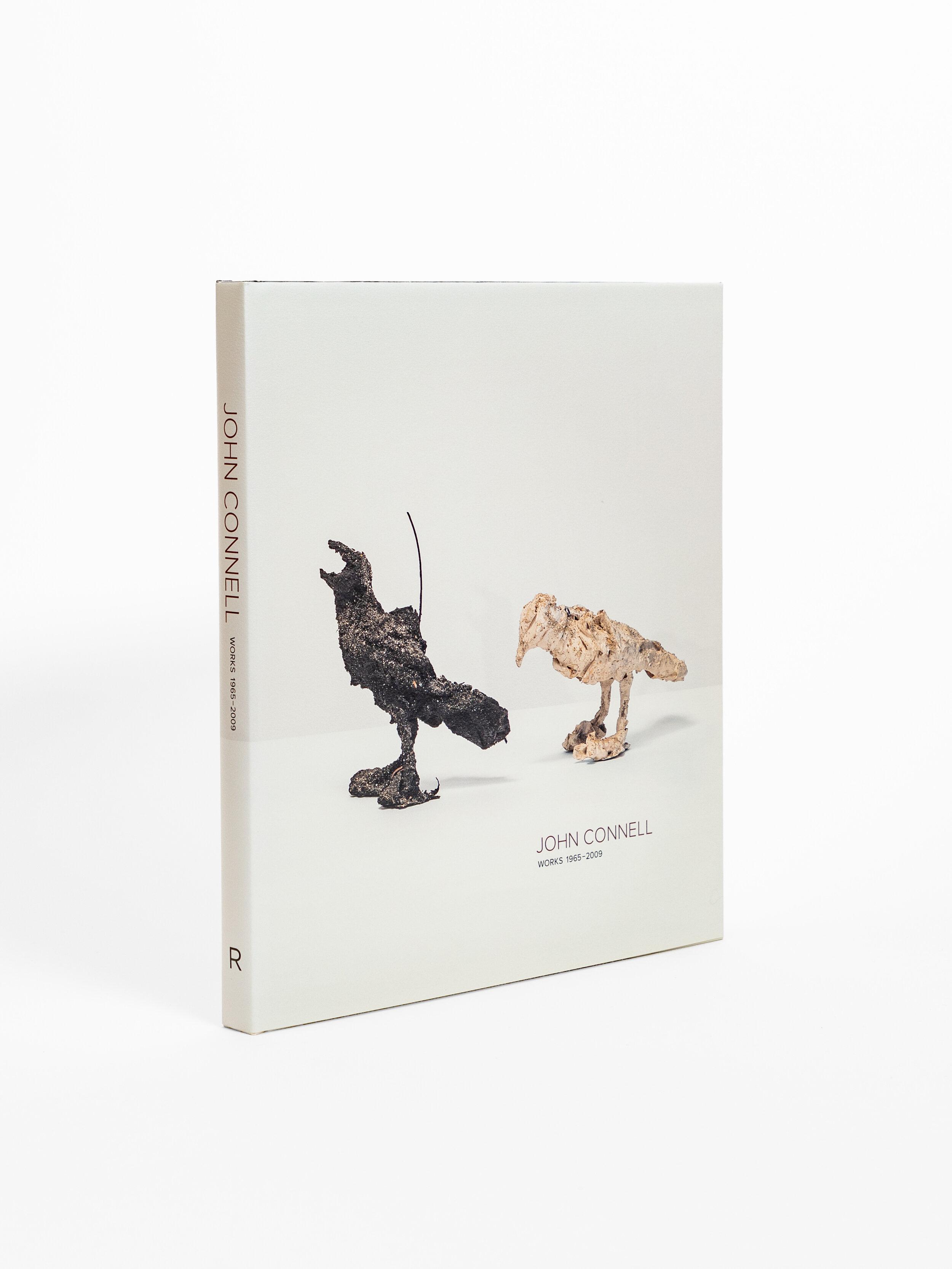John Fincher
”Through his modernist approach, Fincher invents paintings with skillful handling and pictorial organization.”
— Donald J. Hagerty, Southwest Art
Paintings by John Fincher
Essays by James Moore, William Peterson, and Mira Pajes Merriman
Interview with the artist
Hardbound with jacket
13 x 10 inches
192 pages / 128 images
ISBN: 9781934435533
Limited edition of this book is sold out.
”Through his modernist approach, Fincher invents paintings with skillful handling and pictorial organization.”
— Donald J. Hagerty, Southwest Art
Paintings by John Fincher
Essays by James Moore, William Peterson, and Mira Pajes Merriman
Interview with the artist
Hardbound with jacket
13 x 10 inches
192 pages / 128 images
ISBN: 9781934435533
Limited edition of this book is sold out.
”Through his modernist approach, Fincher invents paintings with skillful handling and pictorial organization.”
— Donald J. Hagerty, Southwest Art
Paintings by John Fincher
Essays by James Moore, William Peterson, and Mira Pajes Merriman
Interview with the artist
Hardbound with jacket
13 x 10 inches
192 pages / 128 images
ISBN: 9781934435533
Limited edition of this book is sold out.
YOU MAY ALSO LIKE
-
JOHN FINCHER has created art that celebrates what the artist terms modestly “the trappings of the American West.” These “trappings” encapsulate references that are both familiar and totemic of the Great American Frontier and its mythic role as a reservoir of pride, strength, individualism and renewal.
Fincher’s art explores diverse art historical and personal references to offer new understandings of America’s natural and cultural landscapes. His images of towering poplars, pine limbs set against crystalline skies, richly hued desert hillsides, the array of colors within canopies of aspens turning, and aggressively cropped prickly pears unravel the manifold cultural meanings inscribed within representations of the mythic American West. Elsewhere, as in an enigmatic painting of a lone padlock and a suite of serially repeated images of shaving brushes, the artist transmutes commonplace objects into powerful expressions that compound the equivocal with the intensely diaristic.
With essays by James Moore, William Peterson and Mila Pajes Merriman, as well as an extensive interview with the artist, this is the first comprehensive volume dedicated to John Fincher’s forty-year career.
-
For more than 40 years, John Fincher created art that celebrates what the artist termed modestly "the trappings of the American West."
These "trappings" encapsulate references that are both familiar and totemic of the Great American Frontier and its mythic role as a reservoir of pride, strength, individualism, and renewal. Distinguished by a singular blend of sensuality and authentic realism, his art explores diverse art historical and personal references to offer new understandings of America's natural and cultural landscapes. Exercising a profound economy of means, his works derive startling emotional resonance from a combination of rigorously balanced composition, nuanced brushwork, dramatic shadowing, and the application of intense points of contrasting colors to punctuate significant visual elements.
His images of towering poplars, pine limbs set against crystalline skies, richly hued desert hillsides, the array of colors within canopies of aspens turning, and aggressively cropped prickly pears unravel the manifold cultural meanings inscribed within representations of the mythic American West. Elsewhere, as in an enigmatic painting of a lone padlock and a suite of serially repeated images of shaving brushes, the artist transmutes commonplace objects into powerful expressions that compound the equivocal with the intensely diaristic.
Born in Hamilton, Texas, in 1941, John Fincher earned his MFA from University of Oklahoma in 1966. The artist’s works have been the subject of numerous solo exhibitions and have been represented in important group exhibitions at such significant venues as SITE Santa Fe, the Aspen Art Museum, and the National Art Museum of China, Beijing. His work resides in major public institutions including the Smithsonian Institution, the Dallas Museum of Art, the Wichita Art Museum, and the Albuquerque Museum of Art & History. Fincher passed away in August 2024.



